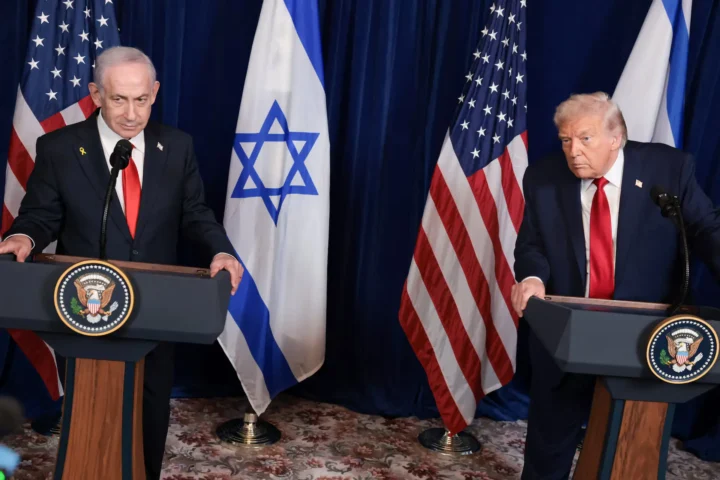German Chancellor Friedrich Merz’s latest speech was not merely a call for diplomatic diversification—it was a recognition that the bedrock of Europe’s postwar foreign policy, the transatlantic alliance, may be entering an era of conditional partnership. Beneath his praise for U.S. President Donald Trump and acknowledgments of America’s security role, Merz issued a subtle but unmistakable warning: Europe must prepare to stand more firmly on its own.
Acknowledging a Shifting Alliance
Merz’s remarks frame the U.S.–Europe relationship as evolving from a values-driven alliance into a pragmatic, interest-based partnership. His acknowledgment that Washington is “reassessing its interests” is both a critique and a sober reading of the geopolitical reality. Trump’s oscillations on Ukraine policy have rattled European leaders, underscoring how dependent the continent remains on American political will for its security architecture. For Merz, this is a vulnerability—one Europe can no longer afford to ignore.
Strategic Autonomy Without Illusions
This is not the first time European leaders have invoked “strategic autonomy.” But Merz’s comments add urgency. He is not calling for a rupture; he is calling for an insurance policy. By advocating for diversified alliances—stretching from India and Indonesia to South America and beyond G20 states—Merz is effectively proposing a hedging strategy: maintain the U.S. partnership where possible, but cultivate alternative economic and security arrangements to withstand any American retrenchment.
Navigating the China Dilemma
Merz’s stance on China is a case study in the contradictions of modern European diplomacy. Cooperation on climate is still on the table, but systemic rivalry looms larger. His push to “diversify raw material and trade chains” signals an acknowledgment that economic overdependence on Beijing carries strategic risks—risks heightened by the current geopolitical competition between the U.S. and China. For Germany, which has long tethered its prosperity to exports, this is no small pivot.
The Political Tightrope
Merz is attempting a delicate balancing act. Publicly, he courts Trump with praise, aware that an antagonistic stance could undermine vital cooperation. Privately, or at least in less scripted moments, he sends clear signals to European audiences: the American umbrella may not always be open. His dual-track approach—flattering the U.S. while urging European self-reliance—reflects the political necessity of managing both transatlantic optics and continental strategy.
The Road Ahead for Europe
If Merz’s reading is correct, Europe faces a decisive choice: remain tethered to the U.S. and risk being buffeted by the turbulence of American politics, or build the institutional and military capacity to operate more independently. The reality is that this is not an either/or proposition. The coming decade will likely require Europe to do both—nurture the alliance and strengthen its own hand.
In this sense, Merz’s speech is less about breaking with Washington and more about inoculating Europe against the unpredictability of an America-first foreign policy. Whether his fellow European leaders have the political will—and unity—to follow through remains an open question.











